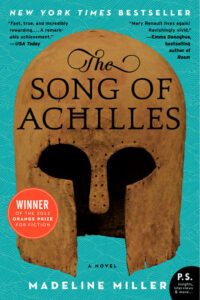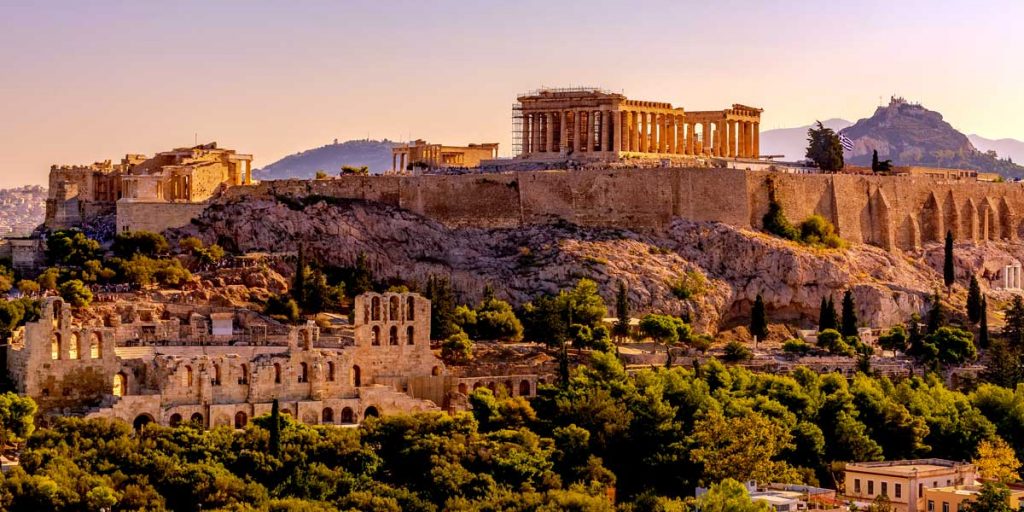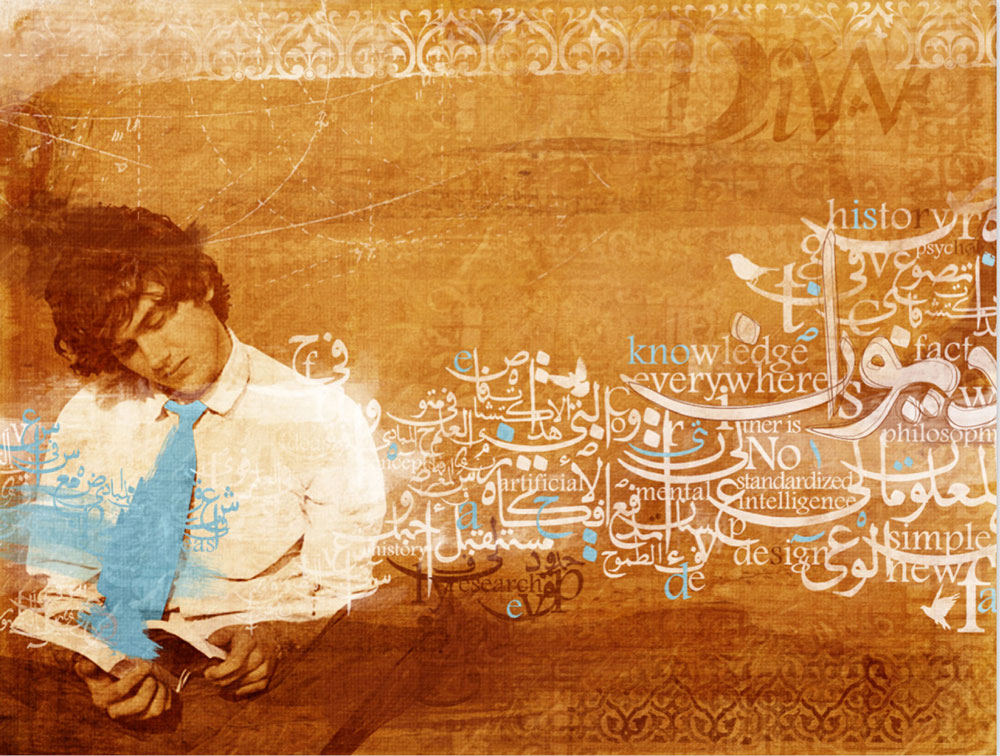The Song of Achilles
Ecco; First Edition (March 6, 2012)
 The obsession with Greek myths has been a common theme for writers since Homer’s “The Iliad” and “The Odyssey” (800 BC) which was his accounting of four hundred years of oral history. From Virgil’s “Aenid”, in 20BC, that tells the legendary story of Aeneas, a Trojan who travelled to Italy, where he became the ancestor of the Romans, to David Malouf’s Ransom, in 2009, which retells the story of the Iliad from books 16 to 24. No writer has not gone through a phase or an attempt at modernizing or retelling the Greek myths. There are even Egyptian authors who have been infatuated with these myths. Ali Salem’s “The Comedy of Oedipus”, transports Oedipus to Thebes. Tawfik Al-Hakim’s “King Oedipus” islamasizes the Greek myth, by uniting the deities, and changes Oedipus question not of a particular oracle but to general divine revelation.
The obsession with Greek myths has been a common theme for writers since Homer’s “The Iliad” and “The Odyssey” (800 BC) which was his accounting of four hundred years of oral history. From Virgil’s “Aenid”, in 20BC, that tells the legendary story of Aeneas, a Trojan who travelled to Italy, where he became the ancestor of the Romans, to David Malouf’s Ransom, in 2009, which retells the story of the Iliad from books 16 to 24. No writer has not gone through a phase or an attempt at modernizing or retelling the Greek myths. There are even Egyptian authors who have been infatuated with these myths. Ali Salem’s “The Comedy of Oedipus”, transports Oedipus to Thebes. Tawfik Al-Hakim’s “King Oedipus” islamasizes the Greek myth, by uniting the deities, and changes Oedipus question not of a particular oracle but to general divine revelation.
Miller is even more so obsessed because of her specialized education, having gotten both a BA, and an MA in Classics. Her retelling of Achilles is a success by far, not only is it her debut novel, but she has also earned the 2012 Orange Prize of Fiction with it. She does not modernize the setting like Mark Merlis’ “An Arrow’s Flight” which tells the story of the Trojan War and Pyrrhus, Achilles’ son, by making him work as a go-go boy and hustler in the big city. Miller simply tells the story from the perspective of Achilles friend and lover Patroclus. Since, there is not much written about Patroclus, she is really able to flesh out his personality and create a unique viewpoint without having to deviate from the myth, since in fact there is much to support that Patroclus was in fact Achilles’ lover.
Patroclus hence sets the mood, the tone, and seeing the world through his eyes is an unparalleled experience. Patroclus is so in love that he cannot see but the beauty, the divinity in Achilles (son of the Goddess Thetis and King Peleus of Phthia). There is a changing point in the book when Patroclus becomes disillusioned with Achilles, and defies him, and goes to Agamemnon to save Briseis (the Anatolian slave girl who has become in love with Patroclus). The second time was when Achilles refused Agamemnon’s apology, and declined rejoining the war, costing the Greeks many lives. Patroclus reacted by joining the war in Achilles’ place.
New York Times Mendelsohn’s review is very critical of Miller’s angle and sees that the love story is a deviation of the classic myth and that her tone creates a “swoony soft-porn prose”. This seems harsh but he does make a valid point that her interpretation of sexuality is very modern and that is not necessarily consistent with Ancient Greece. Mendelsohn goes on to analyze the book, by explaining that the romance takes a disproportionate amount, and hence give less importance to Homer’s main theme of “who we are, why we act and what remains of us after we die”. I agree with Homer that “Song of Achilles” is mostly a love story, but she does manage to make the readers ask the important questions like what are honor and glory? Why do we fight and live? What is pride? Achilles knows that he will go his death in Troy. He still goes to achieve immortality, to become a legend.
The idea of defying the limits – conquering death? is it for his own glory? Or is it to test the limits of humanity?
The futility of education when it leads to murder. Chiron, the centaur, that educates Achilles and Patroclus in Mount Pelion, shows the paradox of that education being left behind to go off to war. “Bitterness of habit of boy after boy trained for music and medicine, and unleashed for murder”.
The dichotomy of killing and being honorable “no hands ever so gentle- or so deadly” “There is no answer. Whichever you choose you are wrong.
Miller manages to ask why do we fight? What is a hero? What is Pride? “He’s going to Troy to kill men, not rescue them” Thetis reminds Patroclus. “Only cowards did not fight”. “Pride became us -heroes we never modest”.
Only honor remains “a thousand ships have sailed for her”. This is for Helen of Troy/Helen of Sparta, wife of King Menelaus, King of Sparta. She was kidnapped by Paris of Troy, and so for Sparta’s honor the Greeks have joined Agamemnon (Menelaus’ brother) to go to war to Troy to bring back Helen and regain their honor.
The writing is what I enjoyed the most, although Mendelsohn sees it as Judy Blumish. I think it flows quite well, and her focusing on the senses, the colors, the smells and light create a unique surrounding. “Brown as richest earth”; “tears that bled”; “honor darkened by it”; “musk of body”; “crushing lips to wine”; “drank light from the moon”; “as if all the morning’s sun had been poured out of it”; “we are like damp wood that won’t light”.
A map would have been a lovely addition to the novel showing where Patroclus was born (Opus), and then the different kingdoms they travelled to or mentioned in the story (Sparta, Phthia, Mount Pelion, Scyros, Troy, Ithaca, Argos…)
The end is particularly satisfying, where both Patroclus and Achilles are dead. Only Patroclus’ voice remains after he dies “I am air and thought and can do nothing”. “I did not plan to live after he was gone”.
Image from Unsplash



